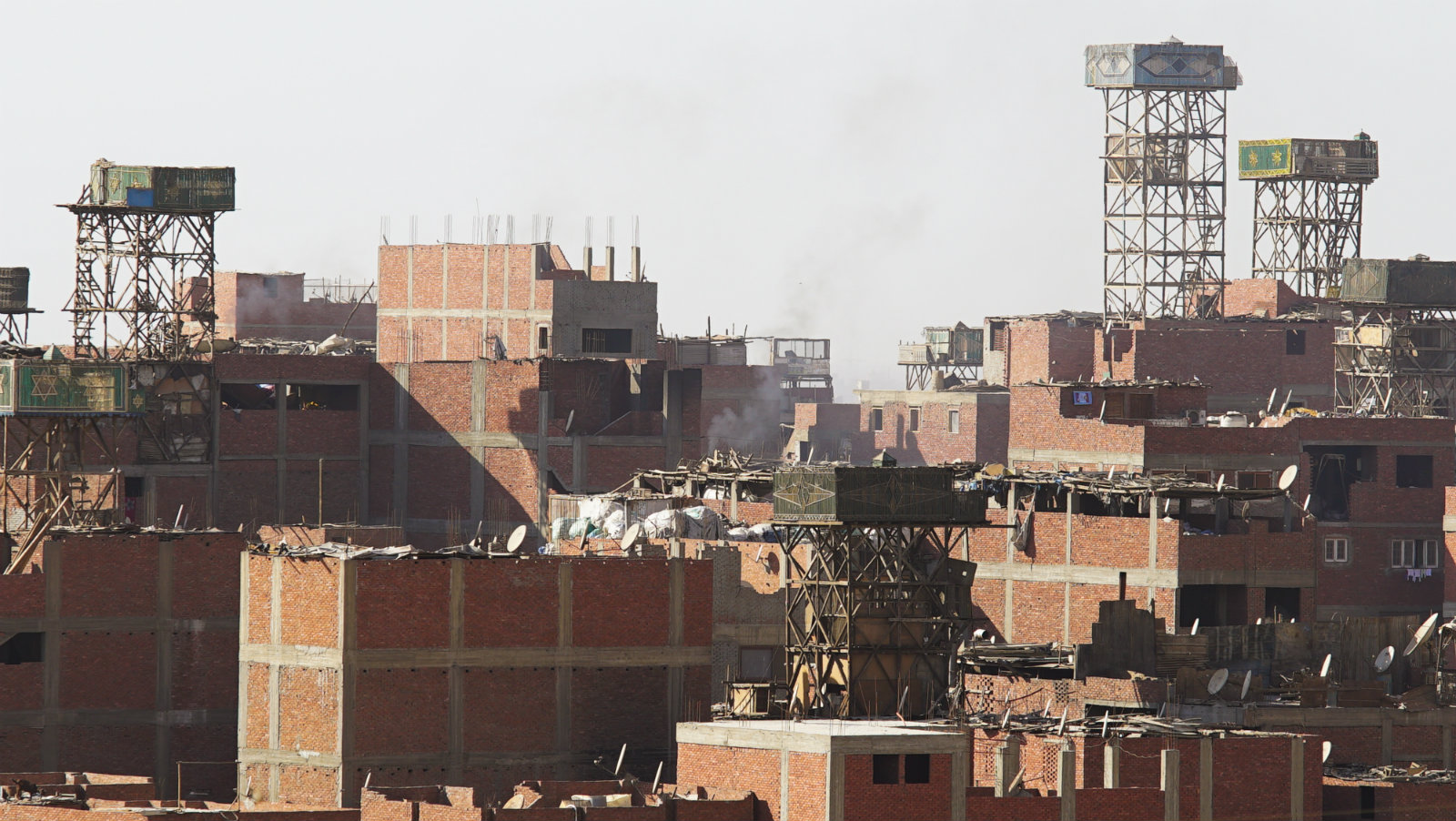Legalize now, check later

Owners of rural properties that were found to be in violation of the building code will be able to legalize their properties more quickly and receive access to basic utilities after the government decided to simplify the time-consuming settlement process, the cabinet announced yesterday.
The status quo: Currently, the government doesn’t allow property owners to start paying reconciliation fees and legalizing their buildings before the information they submitted to the government has been verified. The process has quickly become slow and cumbersome, with mns people left with buildings in legal limbo and without access to basic utilities as authorities vet every file.
What’s changing? Officials will no longer visit every building to verify information filed with the settlement requests. Instead, the government will accept their requests and allow them to start paying their fees and legalizing their properties before checks are carried out, Prime Minister Moustafa Madbouly said in a press conference yesterday. The government will work to check the accuracy of each individual file over the next three years, and those who provided incorrect information will have their building’s legal status revoked, he said.
Caveat: The decision does not apply to illegal buildings on state-owned land, the cabinet said.
And why? The government wants to facilitate the process of legalizing the status of those living in underserved rural areas in order to provide them with access to utility services through its multi-bn EGP Decent Life Initiative.
Background: The government is on track to settle as many as 2.8 mn building code violations after it allowed the owners of those properties to pay a so-called “reconciliation fee” as part of a nationwide campaign to crack down on illegal construction. Families living in those homes were forced to file in requests and make payments of EGP 50 per sqm to get their properties legitimized by no later than the end of March. Processing those requests would then have required visits from state officials to validate the sizes of mns of homes.